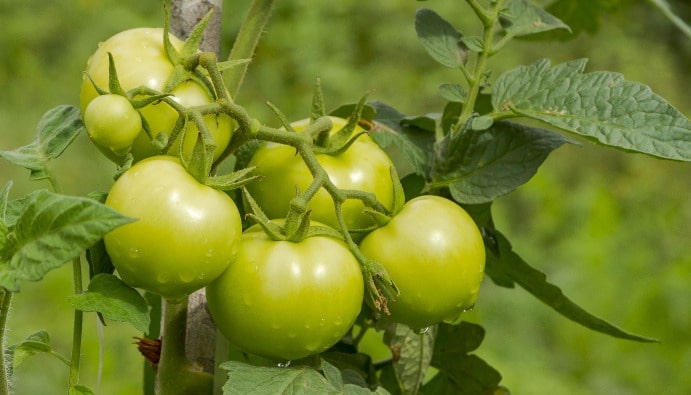
BLOG
KATEGORİDEKİ DİĞER YAZILAR

Pesticides are chemicals used to kill pests or keep them away. There are various types of pesticides, the most common being insecticides (insecticides), herbicides (herbicides), fungicides (fungicides) and rodenticides (rat killers). Pesticides used in agriculture protect plants from diseases and pests, but overuse and misuse of these substances can lead to residues in food products.
Pesticide residues can be found in food products, especially fruits, vegetables and cereals. These residues enter the body through food consumption and can cause various health problems. Consuming high levels of pesticide residues over the long term can lead to the following health problems
The detection of pesticide residues in food products is critical to ensure food safety, protect the health of consumers and comply with legal regulations. Pesticide determination determines whether residues in food products are below legal limits and thus the following objectives can be achieved:
Various regulations and standards exist around the world to control pesticide residues. These aim to ensure safe levels of pesticides in food products. In Turkey, organizations such as the Ministry of Food, Agriculture and Livestock, the Turkish Food Codex and the European Union have set specific limits on pesticide residues. Some important legislation around the world is as follows:
Nanolab Laboratories Group continues to provide services within the scope of Pesticide Determination in Foods. We also provide services in Dioxin Determination.
Contact us for more information.
You can follow us on LinkedIn for up-to-date news and posts about our services.
Follow our Instagram account to be informed about our latest blog posts.